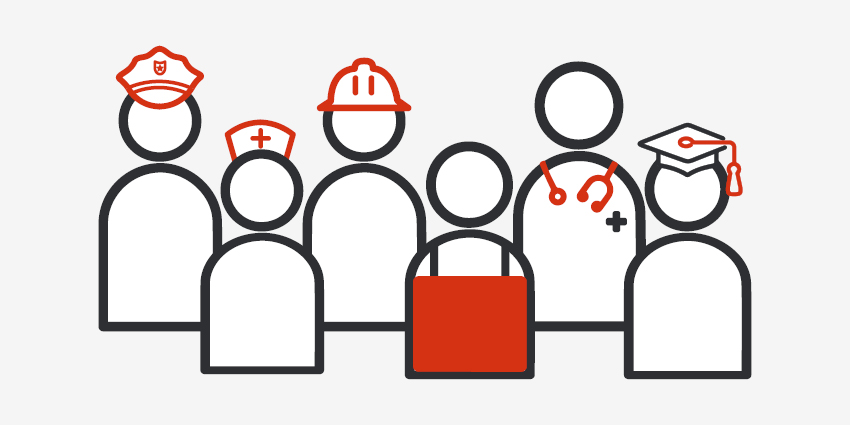
From 12.01am Friday, 29 April 2022, the Critical Workers Furloughing Policy is no longer in effect.
The definition of a critical worker has been released for when Western Australia enters into a very high caseload environment and new testing and isolating protocols take effect.
This definition is vital to maintaining critical services and avoiding catastrophic losses, such as loss of life, ongoing access to care and essential goods, and workplace safety.
It will only take effect when WA reaches a very high caseload environment, subject to the latest health advice.
The definition of a critical worker in WA is someone whose role cannot be undertaken at home who:
- Performs a role that is critical to the COVID-19 response, or continuation of critical services that prevent significant harm (e.g. loss of life, catastrophic impacts to safety or welfare, lack of access to essential goods) to an individual or the community.
- Performs a role that is necessary for the safe continuation of services and/or has specialist skills in one of the following industries:
- Transport, freight and logistics, including public transport;
- Food, beverage and pharmaceutical manufacturing, supply and retail (e.g. supermarkets, grocery stores and pharmacies);
- Petrol stations and truck stops;
- Agriculture (for the purpose of food supply and biosecurity);
- Critical resources including mining, power, utilities and waste management services;
- Building and construction;
- Corrective and judicial services;
- Police and emergency services;
- Schools (K-12) and childcare (specific protocols will be in place for these particular settings);
- Health care services;
- Social assistance and residential care;
- Veterinary services; and
- Funeral, crematorium and cemetery services.
These critical workers will be required to follow the new testing and isolating protocols if they are a close contact:
- If symptomatic, follow symptomatic close contact rules
- If asymptomatic, and you are required to work for continuity of operations, you must have a negative RAT daily
- When working you must work with a surgical mask, use other PPE where possible, and if possible travel alone
- When outside of work, you must self-isolate
- If a RAT is positive, you must self-isolate for 7 days.
- If symptoms ever develop, you must follow symptomatic close contact rules.
Workplaces will be required to determine the number of critical roles, based on the State Government’s guidelines. View the categories of critical workers.
Employers must register this information with the State Government.


